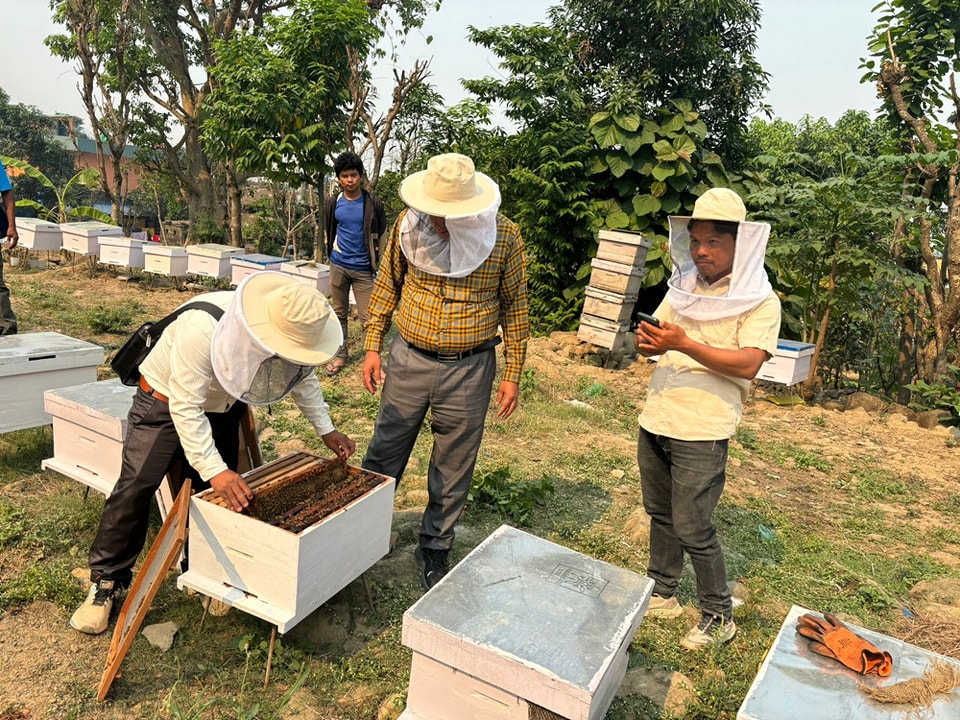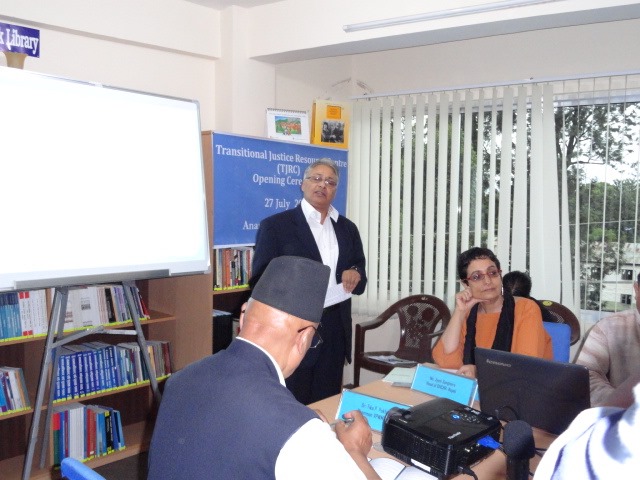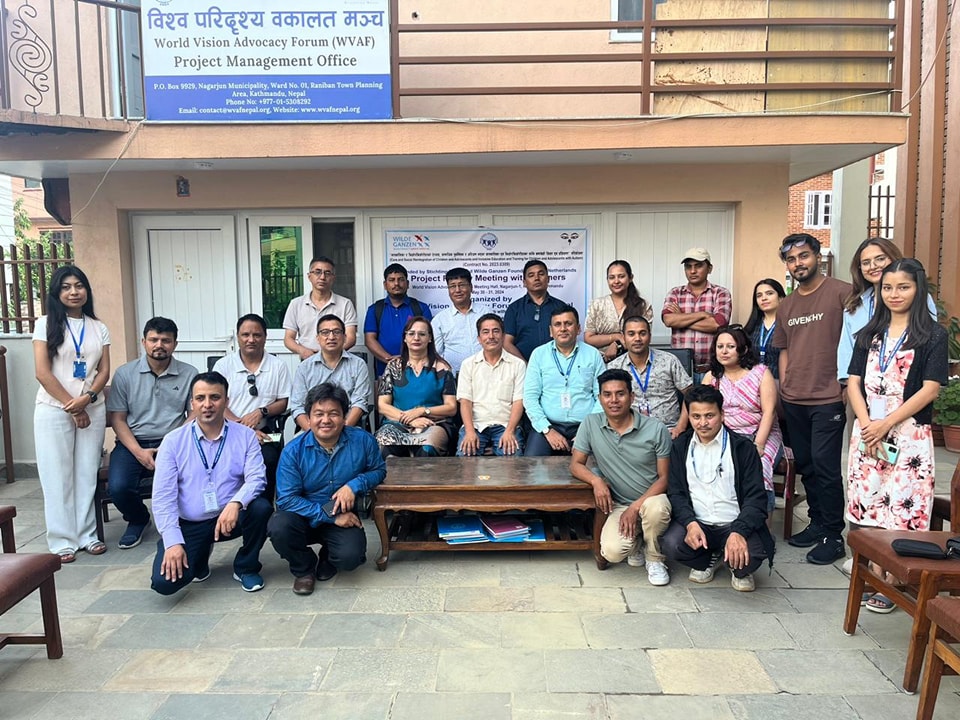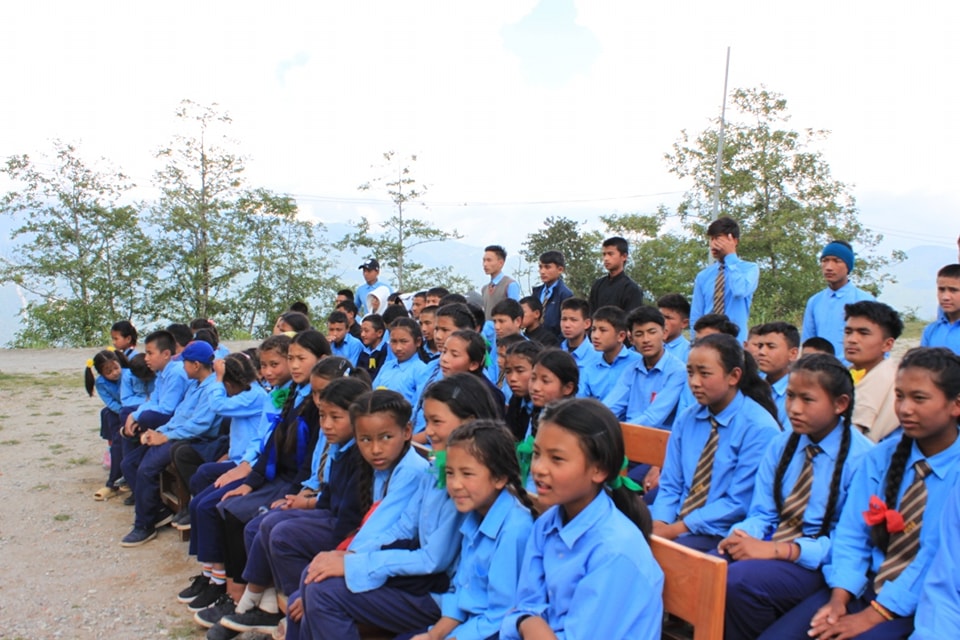Jun 12, 2024

Nepal is predominantly rural, with approximately 84% of its population residing in rural areas. Moreover, the nation heavily relies on local natural resources for energy, with around 88% of energy generation still dependent on these resources. Forest resources, supplying about 78% of the country’s energy, are primarily consumed in traditional ways, contributing to environmental and health risks due to the unprocessed use of fuel wood in traditional cook stoves.
In rural areas, fuel wood and other biomass resources remain non-monetized, posing challenges, particularly for ethnic communities and low-caste groups. Addressing these challenges is crucial for sustainable environmental management and livelihood development. Despite Nepal's low per capita energy consumption of 15 GJ, rural poor households face even lower energy access. Thus, intervention through Renewable Energy Technologies (RETs) is essential to harness local natural resources sustainably and address environmental concerns.
Deforestation and degradation exacerbate soil erosion and flooding in Nepal, contributing to a vicious cycle of poverty and environmental degradation, particularly affecting hill communities. While community-based forest resource management has shown promise in maintaining forest cover and biodiversity, rapid demographic changes and weak land planning have led to habitat loss, compounded by the lack of scientific data on the impact of prolonged conflicts on natural resources.
Access to RETs faces challenges such as low affordability, lack of financial support for the poor, limited access to information, technical support, and awareness of health and environmental impacts. The heavy reliance on fuel wood poses a significant environmental challenge, leading to deforestation and erosion. Sustainable forest management plans, integrated with socio-economic factors, are necessary to promote forest sustainability and prevent encroachment.
Nepal can benefit from mechanisms like Reducing Emissions from Deforestation and Forest Degradation (REDD) by actively curbing deforestation and forest degradation. Additionally, climate change poses serious threats, including reduced crop yields, pasture availability, and increased vulnerability to droughts and floods. Climate change may exacerbate household vulnerability and contribute to conflicts, particularly in grazing areas.
World Vision Advocacy Forum (WVAF) as a national organization can play a pivotal role in mitigating conflicts and environmental degradation through pragmatic climate change and environmental conservation initiatives, emphasizing sustainable resource management and community resilience building.



